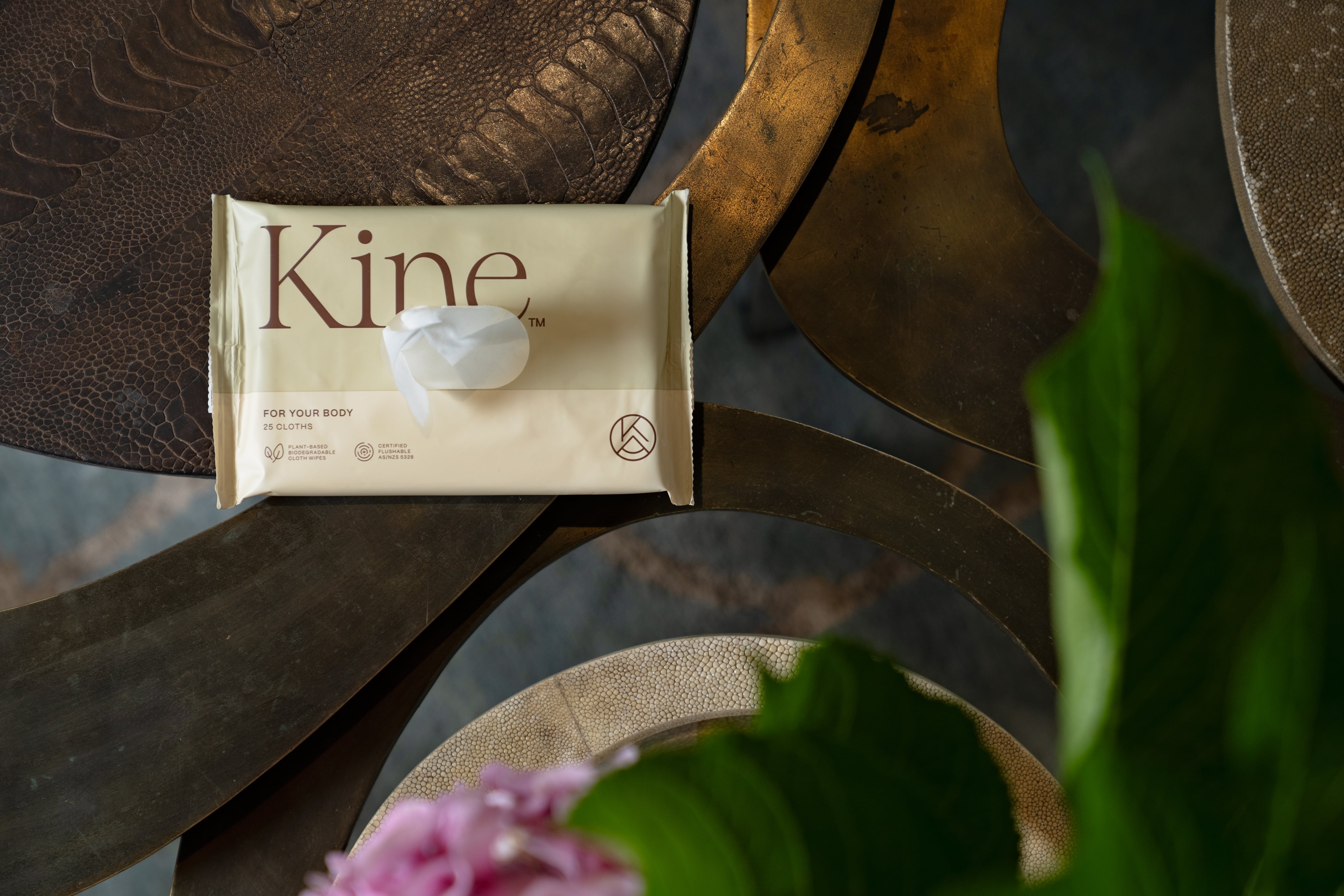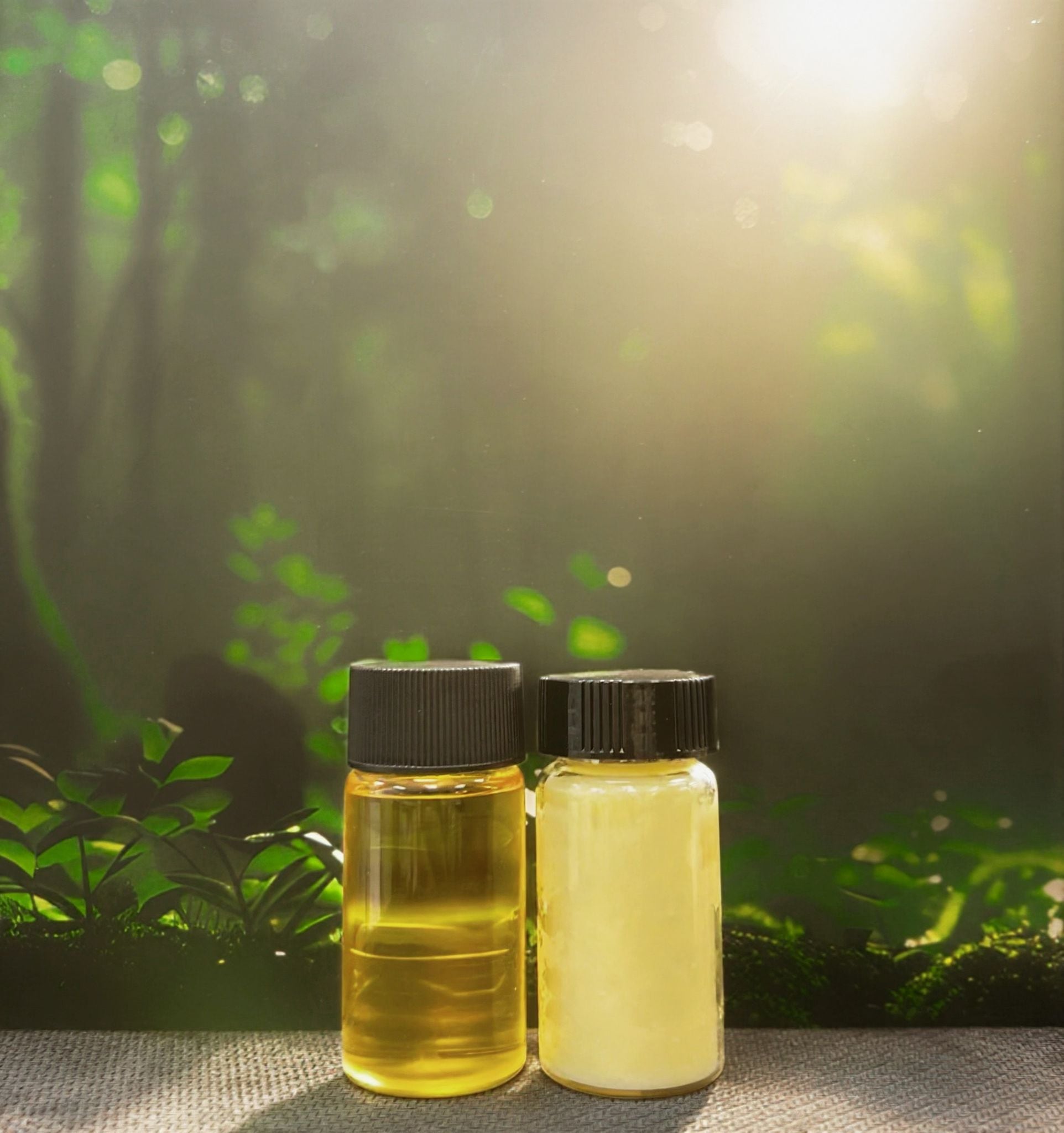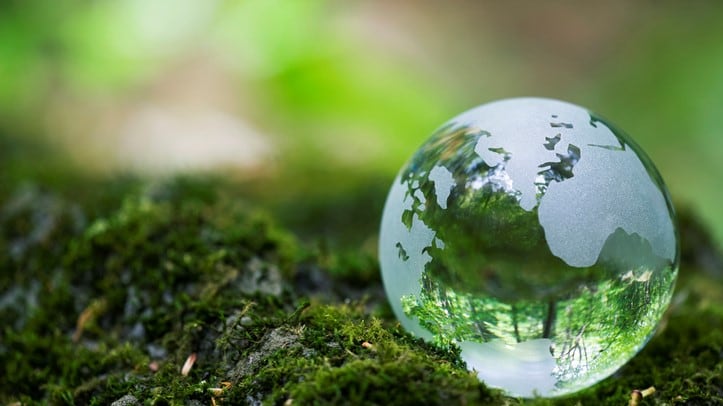Organised by Ecovia Intelligence, the 7th Asia-Pacific (APAC) edition of the Summit is set to take place next week (November 10 and 11).
In addition to insights from Croda Beauty and KHEONI, CosmeticsDesign-Asia spoke with three other featured speakers — Nicolas Lasbistes, Marketing Director of Beauty & Care APAC at dsm-firmenich, Asya Fathya Nur Zakiah, Halal Auditor and International Halal Partner at LPPOM, and Feifei Teng, Market Transformation Manager at Roundtable on Sustainable Palm Oil (RSPO) — to hear their thoughts on the efforts needed to effectively address sustainability matters.
CDA: What are the biggest sustainability challenges faced by cosmetics and personal care companies in APAC today? How can brands and suppliers work to overcome these?
Nicolas Lasbistes: In APAC, packaging waste and ingredient traceability remain the most pressing challenges, given the region’s contribution to ocean plastic pollution. Ethical sourcing is complicated by deforestation and fragmented supply chains, while production is still water- and energy-intensive, with green chemistry practices underutilised.
Regulations vary widely, and although consumer demand for sustainability is growing, it is not yet dominant. Smaller brands often struggle with the costs and resources required to achieve recognised certifications such as COSMOS.
While circular economy initiatives like refillable packaging are gaining momentum in Japan, cost, availability of sustainable ingredients, packaging innovation, and consumer education remain barriers.
In Indonesia, awareness is rising but limited ingredient knowledge, greenwashing risks, and reliance on imported raw materials slow progress. As South Korea pushes for ESG compliance and renewable energy adoption, brands there must navigate rising consumer demand for natural, organic, and cruelty-free products while managing certification complexity and competitive pricing.
To overcome these, collaboration across the value chain is essential — from investing in sustainable packaging innovation and transparent sourcing systems to consumer education.
Asya Fathya Nur Zakiah: From our perspective as a halal inspection body, one of the key challenges for cosmetics and personal care companies in APAC is ensuring traceability and transparency across increasingly complex global supply chains. It is often difficult to verify whether ingredients, processing aids, and packaging materials truly meet ethical and sustainability standards, including halal integrity.
A product may claim to be green or cruelty-free, but if it contains porcine-derived ingredients or alcohol, it does not align with halal criteria. Halal certification offers a strong ethical foundation that supports sustainability, ensuring products are clean, safe, traceable, and responsibly produced.
Halal is not just a marketing claim. It must be verified through credible third-party certification. Because halal represents faith and trust for consumers, verified certification assures that products genuinely meet religious and ethical expectations.
Companies can take an integrated approach that combines sustainability initiatives with the Halal Product Assurance System (HPAS). Strengthening supplier checks, improving documentation, and working with credible inspection bodies can help brands achieve both ethical integrity and long-term sustainability.
Feifei Teng: The sustainability challenges confronting cosmetics and personal care companies in APAC are both complex and significant. Key issues include sustainable ingredient sourcing, recycling in packaging design, integrating renewable energy sources into production processes, and the need to offset carbon emissions during manufacturing.
It is essential for brands to establish clear and achievable sustainability commitments, accompanied by practical action plans. These commitments should prioritise sourcing materials from regions with minimal environmental and social risks, ensuring that they originate from a transparent and accountable supply chain.
To facilitate this, suppliers must actively collaborate with brands in their due diligence efforts, creating systems that engage both upstream suppliers and downstream buyers.
Furthermore, sharing best practices across the industry, investing in eco-friendly technological innovations, and involving small farmers in the sourcing process are critical steps towards realising sustainability goals.
CDA: How is innovation in ingredients, manufacturing, packaging, or even retail shaping the future of sustainable beauty? What opportunities do you see with the emergence of technologies like artificial intelligence (AI) and precision fermentation? What developments are you most excited to discuss at the Sustainable Cosmetics Summit?
Nicolas Lasbistes: What excites me most is that sustainability is no longer a side project; it’s becoming the engine of innovation. At dsm-firmenich, sustainability is a fundamental element of who we are and why we exist when innovating in ingredients. With population growth, climate change and biodiversity loss accelerating, our world urgently needs change.
From ingredients and manufacturing to packaging and retail, we harness green chemistry, renewable resources, and eco-designed processes to develop high-performance, sustainable solutions while pursuing our 2030 targets for responsibly sourced and nature-positive projects.
What makes this approach unique is how we combine our values, working to create what is essential for life, desirable for consumers, and more sustainable for the planet. This allows us to deliver solutions that hit the “sweet spot”.
At the Summit, I will be discussing how our innovations — guided by these values — support longevity, holistic well-being, and sensory excellence while driving meaningful sustainability impact.
Asya Fathya Nur Zakiah: Innovation is creating new opportunities to strengthen both sustainability and halal assurance. Technologies such as biotechnology, precision fermentation, and AI are enabling the development of sustainable, traceable, and high-performing cosmetic ingredients.
For instance, precision fermentation allows the production of nature-identical ingredients without using animal-derived or environmentally intensive sources. This supports halal compliance and reduces resource consumption. Meanwhile, AI can optimise formulations, ensure proper document support, and improve supply chain transparency, all of which align closely with HPAS criteria.
These advances also bring new considerations. It is important that emerging materials and technologies remain compliant with halal standards from raw materials to production process. LPPOM is keen to explore how halal assurance can evolve alongside innovation, ensuring scientific progress continues to uphold ethical and religious values.
We are excited to share how innovation and HPAS can work together to create a more responsible, inclusive, and sustainable future for the beauty industry.
CDA: Regulatory shifts are a major driver of sustainability initiatives. What are some of the most important regulations and/or schemes in APAC that could impact cosmetics brands and companies on their green journey?
Asya Fathya Nur Zakiah: Across APAC, regulatory developments are pushing the cosmetics industry towards greater transparency and accountability. Many countries now have stricter requirements on ingredient safety, environmental claims, and ethical sourcing.
For example, the Halal Product Assurance Law is a major milestone in Indonesia. It not only protects consumer rights, but also promotes supply chain transparency and accountability. Halal certification ensures that ingredients and processes are traceable, clean, and ethically sourced, complementing broader green beauty efforts.
For companies exporting to Muslim-majority countries in Asia and the Middle East, halal compliance is also key. Meeting each market’s halal requirements ensures smoother access, and demonstrates respect for local values and consumers.
As sustainability regulations evolve, aligning environmental, safety, and halal standards will be essential. Companies that integrate these frameworks early will be better prepared to meet both compliance demands and consumer expectations for responsible beauty.
Feifei Teng: In the APAC region, a variety of significant regulations and initiatives are actively shaping the sustainability landscape for cosmetics and personal care brands, particularly in relation to clean beauty and ESG disclosure requirements.
For instance, countries like Japan and South Korea are introducing increasingly stringent guidelines for cosmetic ingredients, driving a shift towards natural and sustainable formulations that align with evolving consumer expectations.
In China, the three major stock exchanges have announced new disclosure guidelines for sustainability reports that have already taken effect in 2024 for listed companies. These regulatory frameworks compel cosmetics companies and their stakeholders to proactively address environmental and climate change risks, thereby significantly influencing their sustainability strategies and practices.
For more information on Sustainable Cosmetics Summit or to register, visit the event website here.





